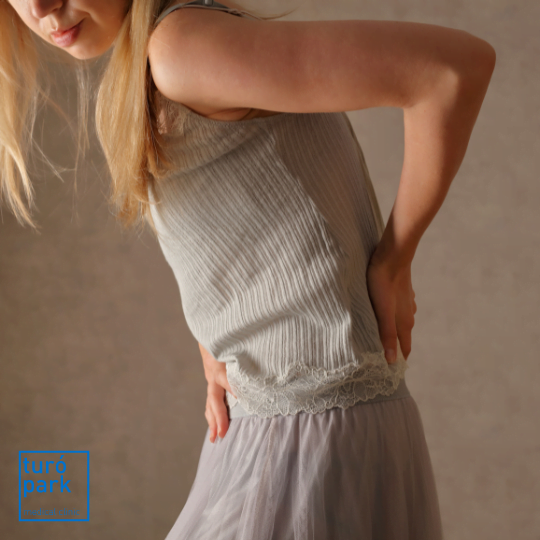Do you suffer from kidney stones and are looking for a urologist to help you with effective treatment in Barcelona?
Kidney stones, otherwise known as kidney colic or renal colic, are particularly painful and can lead to serious complications if accompanied by other symptoms that may require emergency hospitalisation.
If you are suffering from acute, sudden pain in the kidneys, on the right or left side, do not wait to make an appointment with our urologist specialising in urinary tract diseases in Barcelona.
What are kidney stones and what is a renal colic?
Renal colic is severe, sharp pain in the lumbar and abdominal area, most often felt on one side only. Renal colic is caused by the obstruction of urine flow from the kidney to the bladder. Kidney stones are the most frequent cause of obstruction.
Fast track your treatment
To book an appointment or speak with one of our friendly team, please get in touch using the options below.

Kidney stones: symptoms
The main symptom of renal colic is severe pain, but it can also be accompanied by other signs such as
- Nausea
- Vomiting
- Bloating
- Difficulty in urinating
- The presence of blood in the urine
On the other hand, the general state is not altered and there is no fever.
What causes renal colic?
Kidney colic is caused by an obstruction in the urinary tract that prevents the flow of urine. In the vast majority of cases, this obstruction is a urinary lithiasis, more commonly known as a kidney stone.
Renal colic can also occur in cases of :
- Malformation of a urinary tract
- Inflammation of the ureter, called ureteritis
- Tumour of the kidney tract
- Pregnancy that compresses a ureter
- Presence of lymph nodes
- Fibrosis of the area
- A pelvic tumour.
The causes of renal colic are varied but there is often a family predisposition. If one of your parents has this problem, you are more likely to suffer from it too.
Risk factors for kidney stones
As we have seen, most renal colic is caused by the presence of kidney stones. These are favoured by various factors such as:
- High urinary tract infections
- Insufficient hydration
- A diet too rich in offal and cold meats
- A family history of kidney stones
- Anatomical malformations of the kidney
- Certain pathologies such as gout, diabetes, obesity, renal insufficiency, or Crohn's disease.
Your health is our priority.
Our team of urologists treats urinary tract disorders in women and men.

How to relieve renal colic?
Because of the intensity of the pain caused by renal colic, it is important to consult a doctor quickly. In the meantime, you can take a painkiller such as paracetamol or non-steroidal anti-inflammatory drugs and apply a hot water bottle to the painful area.
Be careful, if you suspect the onset of renal colic, do not drink large quantities of liquids in the hope of flushing the stone! You may increase the pressure on the kidneys (and the pain) as long as the urinary tract remains blocked.
Management of renal colic at Turó Park Medical Clinics
During your consultation with our urologist, they may prescribe various tests to validate the diagnosis, including a urine analysis to detect the presence of blood and to reveal any urinary tract infection.
An ultrasound scan may also reveal stones and dilatation of the urinary tract upstream of the obstacle. Additional tests (X-ray or CT scan) may be ordered to rule out other potential causes of pain (e.g. in the intestinal tract).
Once a diagnosis of renal colic has been made, the specialist may give an intravenous or intramuscular injection of non-steroidal anti-inflammatory drugs (unless contraindicated) and/or paracetamol to relieve the pain.
Most of the time, the stones will be eliminated naturally, but urological treatments may sometimes be necessary:
- Placement of a urethral tube
- Extracorporeal shock wave fragmentation
- Endoscopy of the urinary tract with fragmentation of the stones using the laser technique
- Percutaneous nephrolithotomy
Our specialist will be able to tell you which treatment is best suited to your situation.
Our English-speaking specialists


